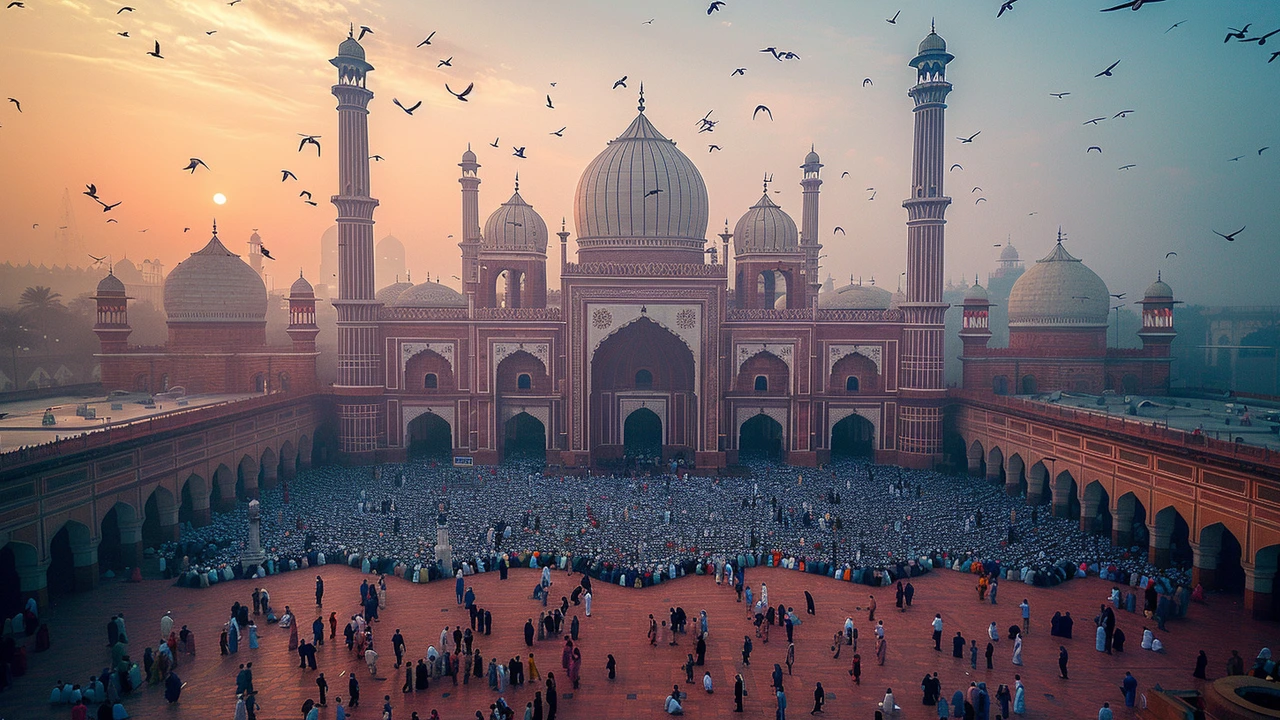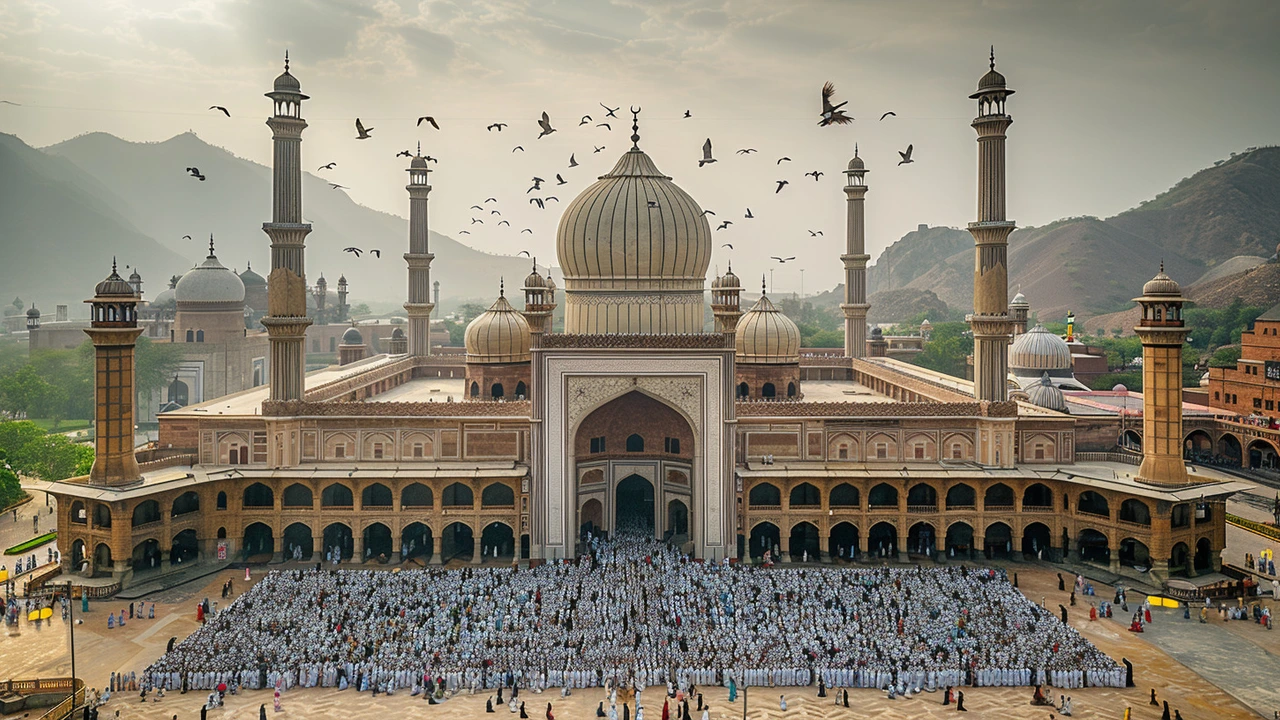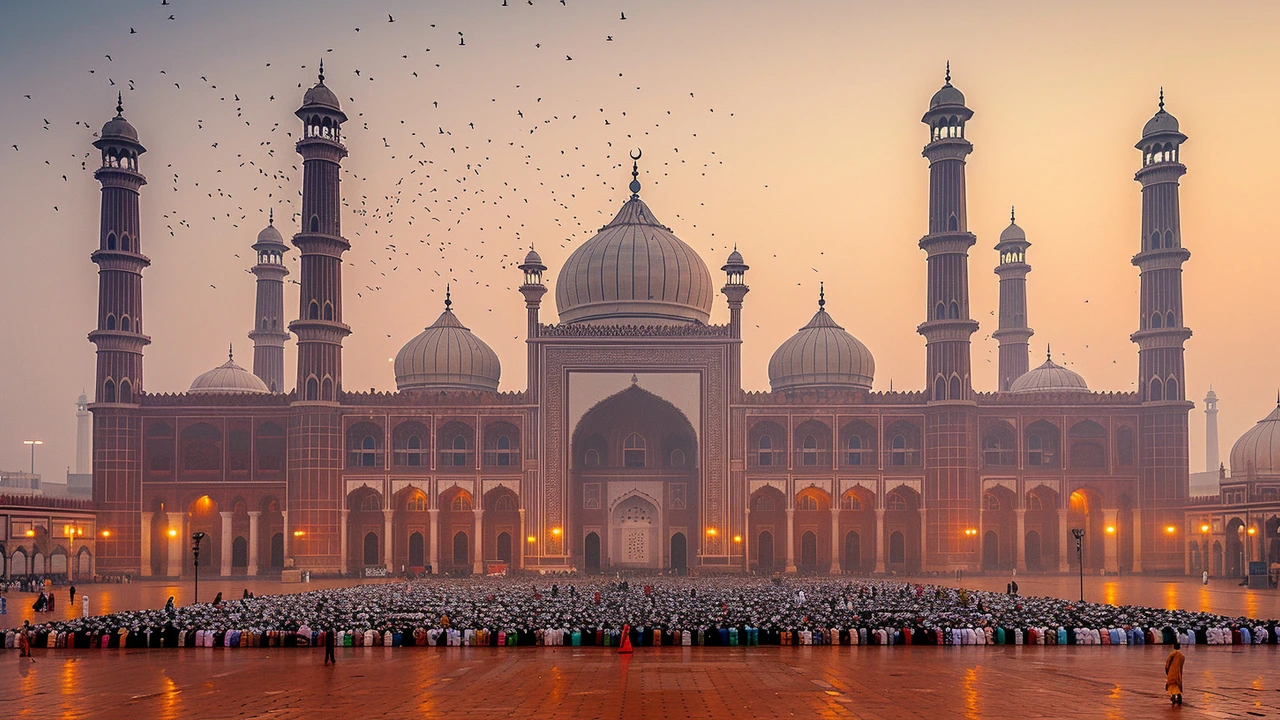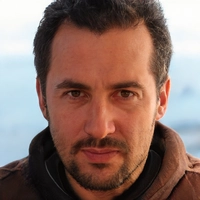Introduction to Eid al-Adha
Eid al-Adha, known also as Bakri Eid or the Festival of Sacrifice, holds a significant place in the Islamic faith. Alongside Eid al-Fitr, it is one of the two major religious holidays celebrated by Muslims around the world. Falling on the 10th day of Dhu al-Hijjah, the festival marks an end to the sacred pilgrimage of Hajj, which all observant Muslims are encouraged to undertake at least once in their lifetimes.
Historical Background and Significance
The history of Eid al-Adha is deeply rooted in Islamic tradition, revolving around the story of Prophet Ibrahim (Abraham in Judeo-Christian traditions) and his son Ismail (Ishmael). According to Islamic belief, Ibrahim was commanded by Allah in a dream to sacrifice his beloved son, Ismail, as a test of his faith and obedience. Despite the unimaginable nature of the request, Ibrahim prepared to comply, showcasing his unwavering trust and devotion to Allah. However, as Ibrahim was about to perform the sacrifice, Allah intervened and provided a ram to slaughter instead, acknowledging Ibrahim's commitment.
This story is not just a narrative but a cornerstone of Islamic faith, emphasizing the values of obedience, devotion, trust, and the belief in divine providence. The act of sacrificing an animal during Eid al-Adha serves as a symbolic re-enactment of Ibrahim's act of faith and submission to Allah's will.

The Rituals and Practices
The celebration of Eid al-Adha begins with a special prayer service held at mosques and open grounds, where Muslims gather to offer their prayers and listen to a sermon (khutbah). The prayers on this day are similar to the ones conducted during the festival of Eid al-Fitr, however, the significance behind them ties directly to the spirit of sacrifice and thankfulness.
Post-prayer, the central ritual of the festival, which is the slaughtering of a halal (permissible) animal—usually a goat, sheep, or camel—takes place. The act symbolizes the willingness to give up one's bounties, to show gratitude towards Allah, and to reinforce the spirit of fraternity among the community. The meat of the slaughtered animal is divided into three parts: one third is donated to the less fortunate, another third is shared with friends and relatives, and the final third is retained and consumed within the family.
Global Celebrations and Traditions
Eid al-Adha is celebrated with great fervor and enthusiasm by Muslims around the globe. Each culture adds its unique touch to the celebrations, but the underlying themes remain universal. In many countries, families come together to partake in communal meals, often featuring rich and elaborate dishes prepared from the sacrificial meat. It is also a time to wear new clothes, visit friends and family, and exchange gifts, further reinforcing bonds within the community.
Festivities often extend over three to four days, making room for various social activities and religious observances. In nations where Islam is a predominant religion, public holidays are granted during this period, allowing for widespread participation in the celebrations.

The Spiritual Message
At its core, Eid al-Adha is a time of spiritual reflection, urging Muslims to consider the story of Ibrahim and its implications for their faith and daily lives. The festival calls upon Muslims to act with empathy and charity, reaching out to those in need and reaffirming their commitment to the principles of Islam. In donating meat to the less fortunate, Muslims embody the spirit of generosity and brotherhood that the festival encourages.
Moreover, Eid al-Adha emphasizes the personal virtues of sacrifice, trust, and obedience to God's will. It serves as a reminder that true faith often requires personal sacrifices and unwavering trust in divine wisdom, even in the face of profound challenges.
Conclusion
As a vivid celebration of faith, community, and charity, Eid al-Adha offers a profound example of the principles that lie at the heart of Islam. Whether through the act of sacrifice, the prayers offered, or the communal activities, the festival continues to inspire and unite Muslims worldwide. It is a time to reflect on the teachings of Prophet Ibrahim, to express gratitude to Allah, and to commit to acts of kindness and charity.
In 2024, as the year of Hajj commencement on June 14 and Eid al-Adha being observed on June 16, Muslims across the globe will unite in celebration, embodying the virtues of devotion, obedience, and a commitment to helping others, reinforcing the timeless message of the Festival of Sacrifice.

